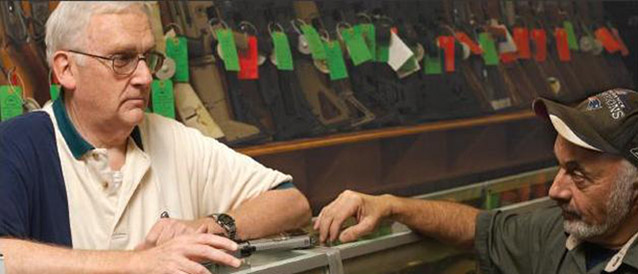More than 30,000 people died by guns in 2011 in the US. Of those, close to 20,000 died by suicide. Many still do not make a connection between gun availability and suicide rates, but a growing body of research suggests otherwise. What role do these “other” gun deaths play in our discussion of gun laws?


